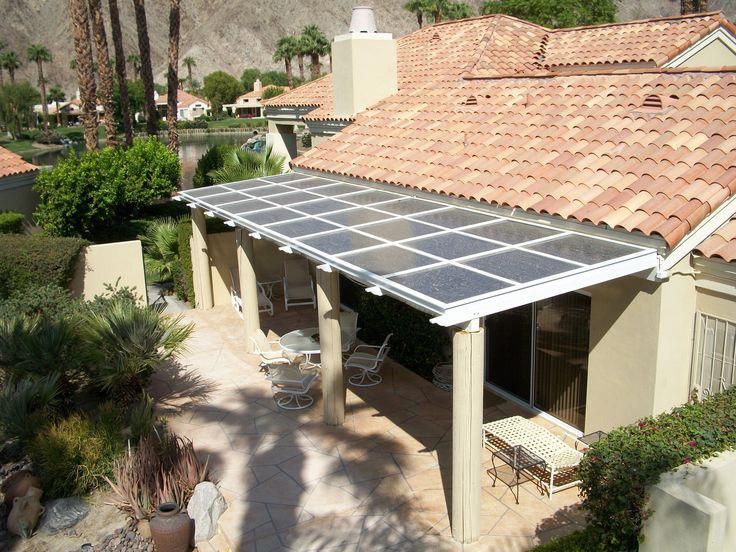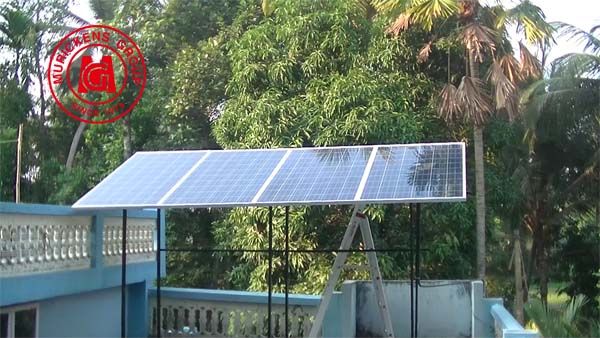The composition of these cells is purer because each cell is made from a single piece of silicon.
Monocrystalline vs polycrystalline solar panels for shade.
Polycrystalline panels are somewhat less efficient than monocrystalline panels think 13 16 efficiency rather than 15 20 but not by much and for the slight decrease in efficiency you can save a considerable amount of money.
Advantages of poly panels.
If for example shade from a tree or a chimney is cast on even one of the panels in the string the output of the entire string will be reduced to virtually zero for as long as the shadow sits there.
Special features such as reduced exterior light reflection and increased internal light trapping help panels from this brand achieve a fairly impressive 16 4 efficiency.
The way they are manufactured causes the panels to have a blue color which some people consider to be an eyesore.
Another player in the monocrystalline field is mage solar manufacturer of panels up to 17 3 efficient.
Like monocrystalline polycrystalline boasts a long lifespan and usually comes bundled with a 25 year warranty.
When compared to polycrystalline solar panels monocrystalline panels undoubtedly perform better at low light conditions.
Poly solar panels are a newer and have a simpler manufacturing process than monocrystalline panels.
Polycrystalline solar panels pros.
If there is a separate unshaded string however this string will.
A visual explanation of how shading affects solar panels to help you understand exactly what is meant by partial shading and how it affects the power output of a solar panel check out this video from the alte store.
Monocrystalline solar panels are very durable and long lasting.
You can expect them to last you for as long as 25 years which is why they often come with a long standard performance warranty of up to two decades.
As a result mono panels are slightly more efficient than poly panels.
The silicon used to make them is simply poured into a mold and allowed to cool and then cut into squares.
So if you cover 40 of a thin film solar panel with shade you get a proportional power hit so you ll lose 40 of your power.
Polycrystalline solar panels generally have lower efficiencies than monocrystalline options but their advantage is a lower price point.
Usually polycrystalline silicon solar cells won t have the corners cut off of them so you won t see the large white spaces on the front of the panel that you see on monocrystalline panels.
Monocrystalline solar panels contain cells that are cut from a single crystalline silicon ingot.
The use of half cut solar cells increases the available electric pathways in a solar panel making it more resistant to shade.
In conventional solar panel strings shade is something that blocks that flow.





























